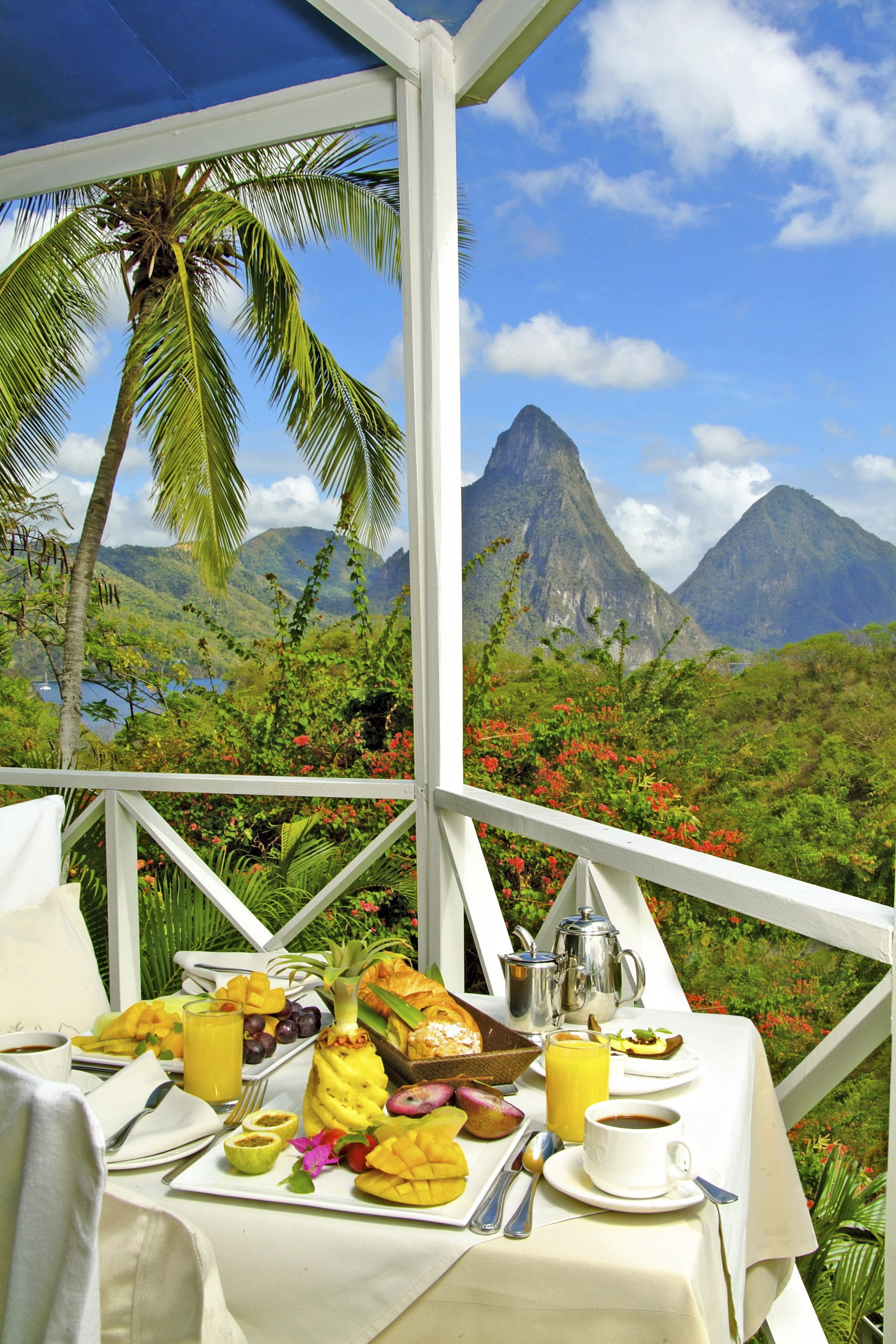Vegan travel: It's not fringe anymore
Sign up now: Get ST's newsletters delivered to your inbox

A produce market in Tel Aviv. A growing number of people are interested in reducing their meat consumption, often for environmental reasons.
PHOTO: NYTIMES
NEW YORK (NYTIMES) - When she went vegan about four years ago, bartender Colleen Corbett thought she might be forced to eat meat when travelling abroad.
Instead, it was just the beginning of her explorations of the burgeoning vegan destinations that have flourished around the world.
"It's changed how I make my bucket list," she said between trips to Peru in December and Dublin in March.
"It used to be just scenic stuff. Now, I find myself adding cities I wouldn't have had an interest in before, but have booming vegan scenes. I just added Warsaw."
A growing number of people are interested in reducing their meat consumption, often for environmental reasons, as livestock operations significantly produce climate-disruptive methane gas.
The travel industry is countering with plant-centric hotels, restaurants, festivals and tours as veganism becomes increasingly associated with sustainable travel.
Vegan diets consist exclusively of plant-based foods, excluding meat as well as animal-derived foods such as eggs, dairy products and honey.
Many vegans have satisfied their carnivorous cravings with fake meats by brands such as Beyond Meat and Impossible Foods. The non-profit Good Food Institute, which promotes alternative proteins, said 2020 was a record year for investment in alternatives at US$3.1 billion (S$4.2 billion), more than three times the US$1 billion invested in 2019.
"Never before has the demand for plant-based fine dining been as popular," said Mr Joan Roca, founder and chief executive of Essentialist, a members-only travel-planning service company.
Hotels are rolling out the plant-based welcome mat with vegan menus and interior design.
Vegan restaurant additions span the range of lodgings, from Marriott Bonvoy's Aloft Hotels - which recently added vegan and vegetarian breakfast items in its grab-and-go lobby markets at more than 150 North American hotels - to the high-end Peninsula Hotels, which will launch a new wellness initiative in March, including plant-based dishes as well as sleep-promoting aromatherapy.
Some used the pandemic hiatus of 2020 to turn over a new leaf, so to speak, including the Andaz Mayakoba resort on Mexico's Riviera Maya, which introduced VB, short for vegan bar, serving rice ball salads and Chaya leaf wraps beside the beach.
Rooms are also going vegan with plant-based amenities and interior design.
On Mykonos in Greece, Koukoumi Hotel opened in 2020 with a vegan restaurant, a spa that uses only plant-based massage oils and rooms furnished with vegan mattresses made with coconut fibre.

In the United Arab Emirates, the 394-room Emirates Palace, Abu Dhabi plans to open two vegan rooms in February with vegan mini-bars and room service.
Among its 292 rooms, Hilton London Bankside in the British capital offers a vegan suite built with plant-based materials, including bamboo flooring and pineapple-based plant-leather cushions. A pillow menu offers down-free stuffing options such as buckwheat and millet and vegan snacks fill the mini-bar.
Guests have designated plant-leather seating in the restaurant. "People love it because we take it so seriously," said Mr James Clarke, general manager of the hotel, adding that "it's not cheap", running upwards of US$800 a night.
For travellers who do not want to research each meal, vegan tour operators and travel agents offer the assurance that they will be able to maintain their diets and eat well.
Last year, Responsible Travel added roughly 1,000 vegan-friendly trips as part of its commitment to becoming "nature positive", a vow to not harm wildlife or habitats, but leave them more protected and supported, by 2030.

Its vegan-only vacations include a 10-day vegan tour of Ethiopia, seven days of hiking volcanoes in Guatemala and eight days of snowshoeing in Austria.
Ms Leslie Lukas-Recio, a former food importer, was experienced at travelling abroad when she joined a World Vegan trip to Alsace, France, in 2018.
"If you want to experience the culture or focus on the outdoors, the last thing you want to worry about is trying to find something that isn't French fries and a green salad," she said.
Ms Donna Zeigfinger, owner of Green Earth Travel and a co-founder of a vegan travel summit running online through Jan 30, said the diet has become much more mainstream in the more than 30 years she has been organising vegan travel. "There are countries I started going to in the 1980s that I thought wouldn't do vegan that are now some of the top vegan countries," she said, citing Spain and France.
"The joke used to be, you'd show up at the French border and show your vegan passport and they'd turn you away."
Destinations, too, are keen to trumpet their vegan credibility. Big cities have long been vegan refuges. Happycow, a digital platform for vegan dining, ranks London as the top city globally for vegan dining with more than 150 vegan restaurants, followed by New York, Berlin, Los Angeles and Toronto.
But veganism is becoming easier to find in more rural areas. These include Argyll, in western Scotland, has a new vegan trail connecting vegan cafes and inns, and in smaller American cities such as Boise, Idaho, home to a vegan food truck, soul food restaurant, tattoo shop and dining tour.
Dining tours have flourished from Greenville, South Carolina, to Scottsdale, Arizona, as ways to introduce vegan visitors to local options.
In Tel Aviv, Eager Tourist began offering vegan culinary tours that visit food markets, farmers and restaurants in 2019. "To be honest, it's more interesting than a non-vegan tour," said Mr Ross Belfer, a partner in the company, who is an American living in Israel. "What Israelis can do with a vegetable is rather unparalleled, in my opinion."


